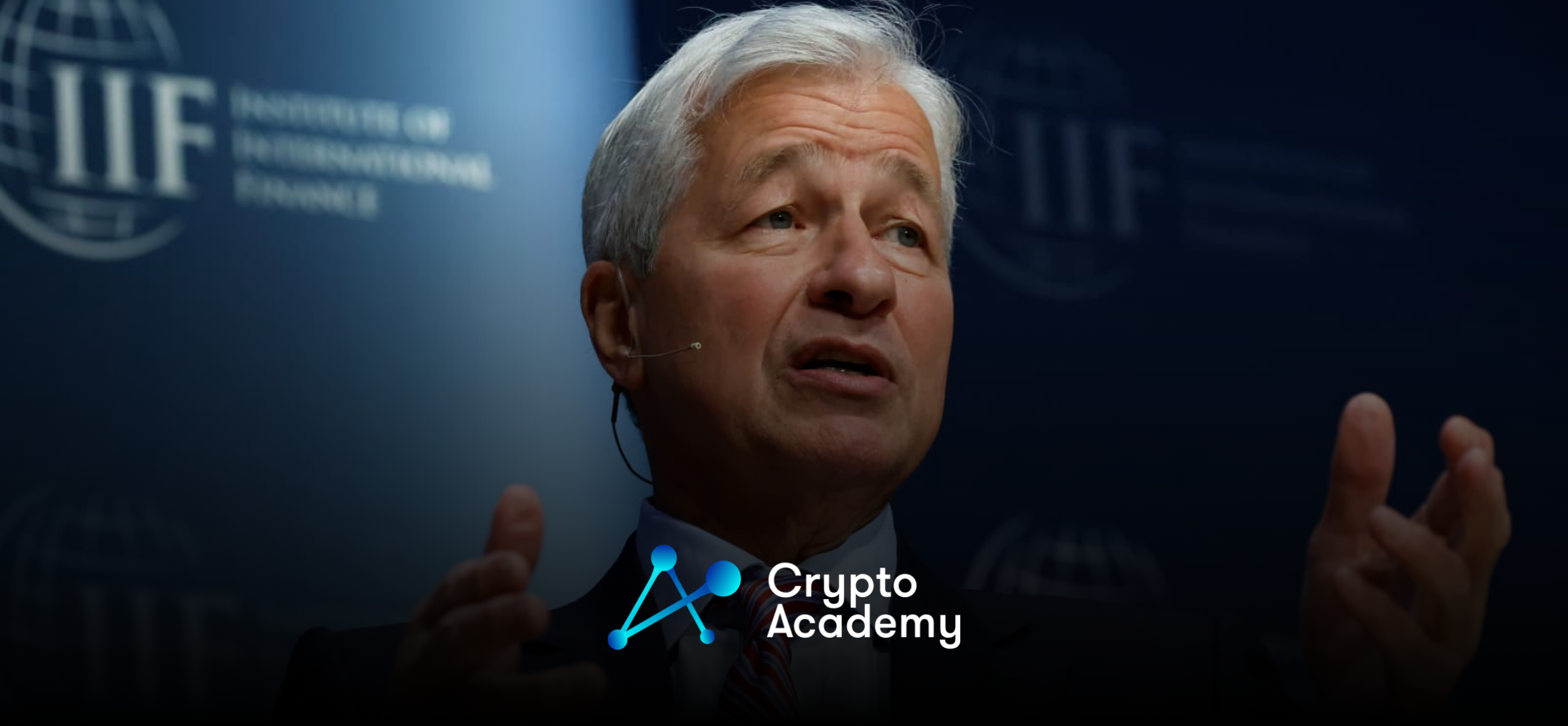Jamie Dimon, the CEO of JPMorgan Chase, has warned that assuming the current strength of the U.S. economy will lead to a years-long boom is a “huge mistake.” Speaking at a financial conference in New York, Dimon outlined the reasons for his concern, including the impact of central bank policies, the ongoing Russia-Ukraine conflict, and global government spending. While the economy is doing well at the moment, Dimon emphasized that a recession is inevitable in the future.
Present Strengths No Guarantee for the Future
Contrary to what some economists suggest, the U.S. economy is currently in good shape, thanks in part to healthy consumer balance sheets and rising wages.
“To say the consumer is strong today, meaning you are going to have a booming environment for years, is a huge mistake…”
Jamie Dimon, JPMorgan Chase CEO
This sentiment echoes warnings the JPMorgan CEO made last year regarding an economic downturn. Although the U.S. Federal Reserve has aggressively increased rates, the economy remains robust for the time being.
Experts attribute this resilience to pandemic-era fiscal stimulus, which provided households with a substantial income boost. Subsequently, consumers have been using these savings to sustain their spending. However, Dimon contends that the situation is more complicated and precarious than it seems.
“Businesses feel good because they look at their current results. But those things change, and we don’t know what the full effect of all this is going to be 12 or 18 months from now…”
Jamie Dimon, JPMorgan Chase CEO
Risks on the Horizon: Quantitative Tightening and Global Conflicts
Moreover, Dimon pointed to broader factors that could influence the U.S. economy adversely. One significant concern is the trend of quantitative tightening by central banks around the world, a reversal of the money-printing policies that were largely responsible for economic recoveries post-2008. Dimon believes this could add a new layer of uncertainty to the global financial ecosystem.
Additionally, the CEO warned about the potential economic impact of the Russia-Ukraine war. Global conflicts often lead to unpredictable consequences, such as higher energy prices or disrupted trade relations, both of which could indirectly affect the American economy. Furthermore, Dimon mentioned the enormous government spending worldwide as another risk factor. While fiscal measures helped stabilize the economy during the pandemic, excessive spending could result in inflationary pressures or higher taxes down the line.
An Inevitable Recession?
Despite the positive outlook many economists hold, Dimon issued a sobering reminder that a recession is, ultimately, unavoidable.
“If and when you have a recession, which you’re eventually going to have, you’ll have a real normal credit cycle…”
Jamie Dimon, JPMorgan Chase
The Fed has been hiking rates for over a year, but experts note that the real Fed Funds Rate is still below the levels seen in past rate hike cycles that led to recessions. While the U.S. economy currently exhibits strength, Jamie Dimon advises both caution and preparedness for the eventual downturn. In a landscape of complex global conflicts and questionable central bank policies, taking the present as a sign of perpetual growth may be more than just a “huge mistake”—it could be a recipe for financial disaster.

